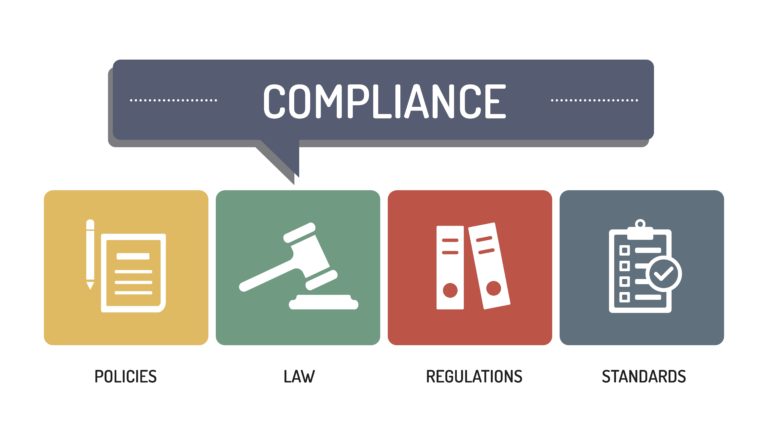If you manage a contingent workforce, you’ve thought a lot about worker classification, compliance, and risk. If you haven’t, but you do manage freelancers, then you are likely either willfully ignoring it, hoping it will go away (it won’t) or drinking too much. First, we’ll talk about why you should care about the subject. Then we’ll get to the good stuff: how to turn those overwhelmed-tears into tears-of- relief because you’ve found a solution and thereby saved your liver.
One of the most important and expensive reasons to pay close attention is because the IRS and DOL are, too. The independent workforce’s rapid growth means heightened scrutiny on accurate worker classification. Your risk of facing an audit has never been greater. At the same time, IRS guidelines are more complicated than ever.
HERE ARE FOUR TIPS TO TAKE THE STRESS OUT OF WORKER CLASSIFICATION:
1. Take a compliance crash course to determine whether your independent workers are truly independent
Independent Contractors (ICs) are self-employed, hired to do a specific job and paid specifically for that job. Unlike a regular employee, they pick their jobs and regularly move from client to client, business to business. Also referred to as freelancers, consultants and “1099’s”, they report the payments received as business income and pay self-employment taxes.
If the following statements are true for your independent contractors, you’re on the right track.
- Your contractor has an established business entity, with a business name and EIN to which invoice payment is made
- Your contractor provides services to other businesses outside your firm
- Your IC provides certificates of insurance, including at the least, coverage for general liability insurance and workers’ comp insurance
- You have a signed per project Agreement for Services between your company and the contractor
Check out our self-audit tool and learn about keeping your company within the confines of right and wrong.
2. Take preventative security measures to mitigate risk
Vendors to large corporations must be held accountable to any client security program that helps to protect the company from threats. PayReel has installed, and pays close attention to, strict security measures and the demands of our client security environments such as:
- Expanded insurance policy packages necessary to manage various risks involved in working with contingent workers
- HIPAA-based technology and operational security to protect your company’s and your workers’ information at the highest level
- The ability to adapt to client security requirements and processes
- Ongoing system testing to detect vulnerabilities, unauthorized access or malicious activity
- Closed network and storage that maintains and protects data integrity
- Employee management and awareness of employers’ physical goods such as laptops and key cards to limit unnecessary access to company information by contractors
3. Engage strategic partners
You don’t have to understand all the ins and outs of worker compliance, but someone making decisions does. A strategic partner helps ensure all your freelance contractors are properly classified by vetting the work, the worker’s role, evaluating the risk and making a classification decision. In the context of contingent workforce regulations, PayReel pays close attention to all employer obligations at the federal, state and local levels, including wage & hour rules, per diem, ACA tracking, and sick leave mandates. PayReel also covers the following:
- Stay up to date with the Affordable Care Act (ACA) and closely manage all health benefits for its employees
- Track and keep accurate records of all employees’ hours accrued, time used and sick leave available in order to maintain compliance with legislation in locales where sick leave is mandatory
- Regularly monitor changing wage and hour laws, and stay ahead of the compliance curve related to minimum wage and overtime eligibility
- Remember that an independent contractor’s classification might change depending on his or her engagement or project, and monitor the ongoing work environment to maintain compliance with classification regulations
The bottom line
This stuff matters and will bite you in the butt if you don’t get on top of it. But there is hope. If you don’t want to or don’t have time to learn all the ins and outs, we’ve already done that for our clients and can do it for your business. Talk to our team today to learn how you can avoid the risk of an audit.
About PayReel
At PayReel, we minimize the time and effort it takes to get you ready for your project, make sure you get paid quick and easy and have Client Relationship Managers on call around the clock to answer your questions. All you have to do is call 303-526-4900 or email us. The PayReel team makes event payroll easier, faster, and seamless.
The next time you work an event or a production, tell your supervisor you love working with the PayReel team.




